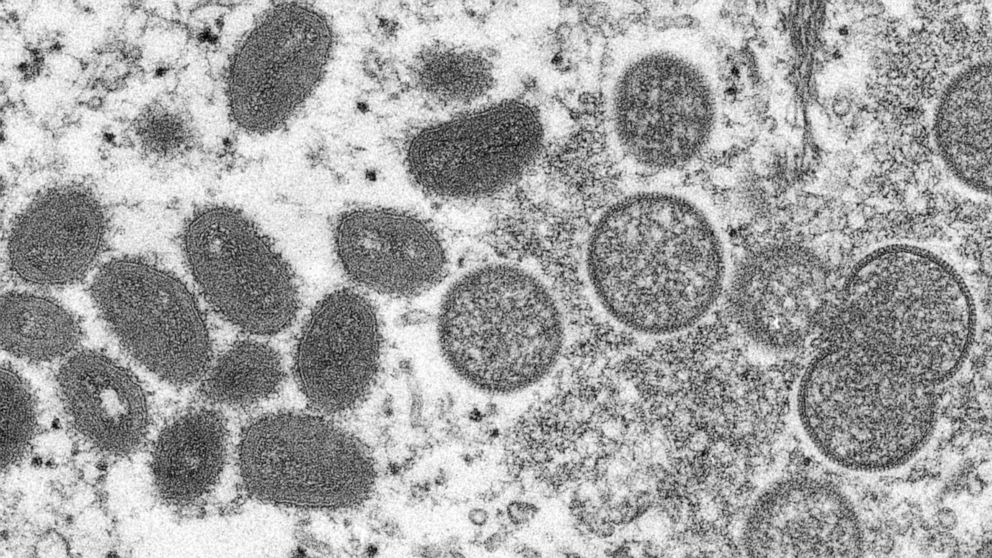The World Health Organization (WHO) said the expanding monkeypox outbreak in more than 70 countries is an “extraordinary” situation that now qualifies as a global emergency. "So in short, we have an outbreak that has spread around the world rapidly, through new modes of transmission, about which we understand too little and which meets the criteria in the International Health Regulations."-@DrTedros #monkeypox— World Health Organization (WHO) (@WHO) July 23, 2022
Although monkeypox has been established in parts of central and west Africa for decades, it was not known to spark outbreaks beyond the continent until May, when authorities detected dozens of epidemics in Europe, North America and elsewhere.
The designation means the WHO now views the outbreak as a significant enough threat to global health that a coordinated international response is needed to prevent the virus from spreading further and potentially escalating into a pandemic.
“For all of these reasons, I have decided that the global monkeypox outbreak represents a public health emergency of international concern”, the World Health Organization’s director, Tedros Adhanom Gebreyesus, declared on Sunday during a press conference.
Tedros indicated that the current risk of Monkeypox is moderate globally and in all regions, except in the European region where the risk is high.
“There is also a clear risk of further international spread, although the risk of interference with international traffic remains low for the moment”, he added.
Currently, there are more than 16,000 reported cases from 75 countries and territories and five deaths.
WHO’s chief said that although he was declaring a public health emergency of international concern, for the moment the Monkeypox outbreak is concentrated among men who have sex with men, especially those with multiple sexual partners.
“That means that this is an outbreak that can be stopped with the right strategies in the right groups”, he explained.
Tedros said that it is essential that all countries work closely with communities of men who have sex with men, to design and deliver effective information and services, and to adopt measures that protect the health, human rights and dignity of affected communities.
“Stigma and discrimination can be as dangerous as any virus”, he warned.
(Agencies)
Related








































